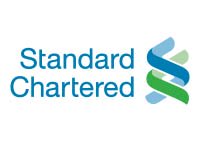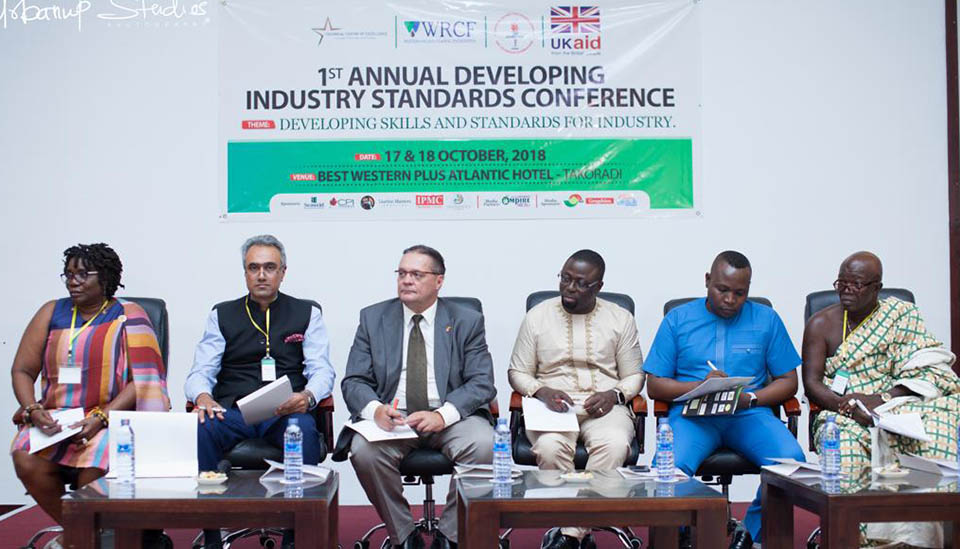
WRCF holds ‘Developing Industry Standards’ conference in Takoradi
The Western Region Coastal Foundation (WRCF), in collaboration with the National Board for Professional and Technical Examinations (NABPTEX), has opened the 1st Annual Developing Industry Standards Conference in Takoradi.
The two-day conference, attended by over 150 participants from industry, academia and government institutions across the country, is on the theme ‘Developing Skills and Standards for Industry’.
The conference seeks to address the skills and capacity gaps in the extractive and manufacturing industries; devise a framework for setting up programmes for developing capacity in Training Institutions, Training and Testing Centres; as well as on-the-job training to manage the employment needs of the extractive and allied industry.
The objective of the conference is to align interest of stakeholders generally regarding standards (curriculum/industry/certification) and skills development.
Also, it is to align interests of Technical and Vocational Education Training (TVET) institutions/implementers with industry needs, and agree on a road map toward effective implementation of required industry standards.
The conference, which will be an annual event, is to bring academia, government and industry together and will serve as a dialogue-platform for vested stakeholders to discuss and collectively make recommendations on skills and standards which align with industry needs.
At a panel discussion on ‘Industry standards and skills development’, Dr. Stephen Turkson – a Technical and Vocational Education Training Consultant and Educationist – called for an engagement between technical institutions and industry to develop skills needed for the job market.
“Let us see education and training as a collaboration and partnership drive; if we want investors to come into the country, we need to get a pool of TVET that will support in this direction,” he said.
He pointed out that TVET has been seen as being for failures, non-achievers, school drop-out among others. This erroneous impression must be erased; TVET is for people with sharp brains and who are innovators.
According to him, a study by the World Bank showed that 80% of worldwide activity is in TVET. “So, if we focus on the 20% you are creating unemployment; but if you focus on the 80%, it will go a long way to create employment opportunities.
“If TVET is funded well, the learners from TVET will drive the country’s economy,” he added.
He noted that in TVET training, if the learners are trained very well they can become innovators and deliver what the industry wants. Also, they can create their own jobs and not depend on government to employ them.
Dr. Turkson called for a change in the TVET set-up, a review of curriculum, and a conversation and strong partnership between the institutions and the industries.
This, he said, will make them vibrate and attract the needed attention as well as get support from the institutions rather than depending on government.
“Government cannot do everything; the challenges are there, but if we engage industry as partners they can support in training by bringing in their expert to get the skills and standards needed for the industry” he added.
Latest Posts

157TH Canada Day Celebration: Celebrating Strong Bilateral Trade between Canada and Ghana
July 01, 2024

FATHER’S DAY DINNER WITH PRINCE KOFI AMOABENG
July 01, 2024
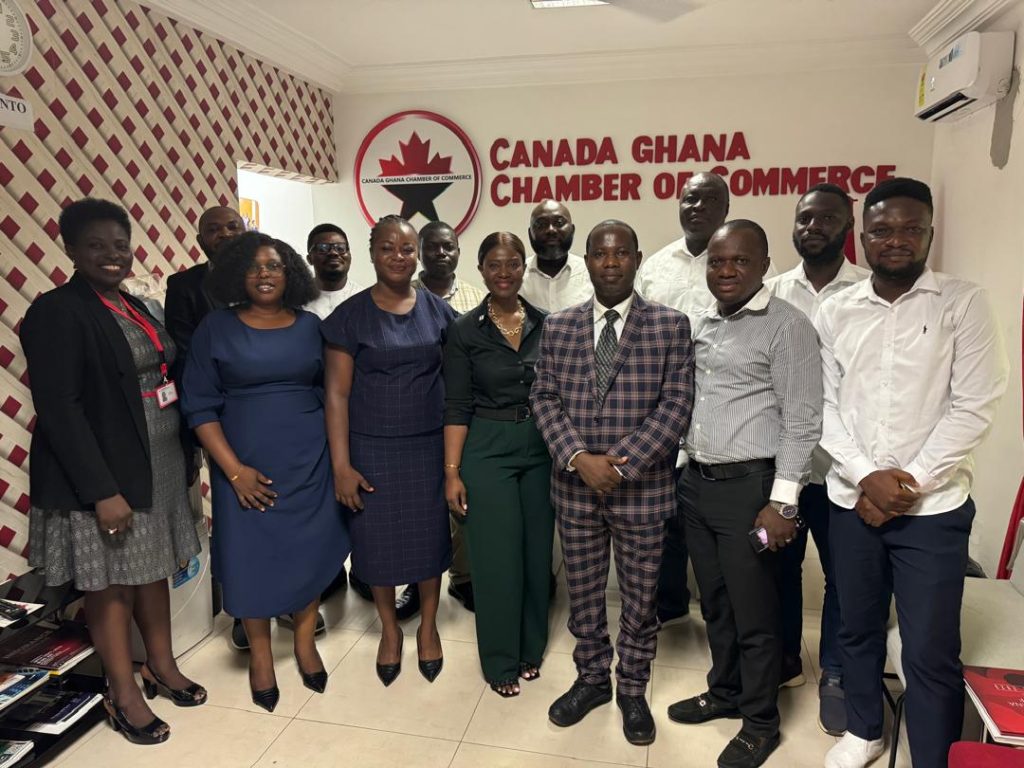
FREIGHT FORWARDERS AND LOGISTICS SECTOR MEETING
July 01, 2024
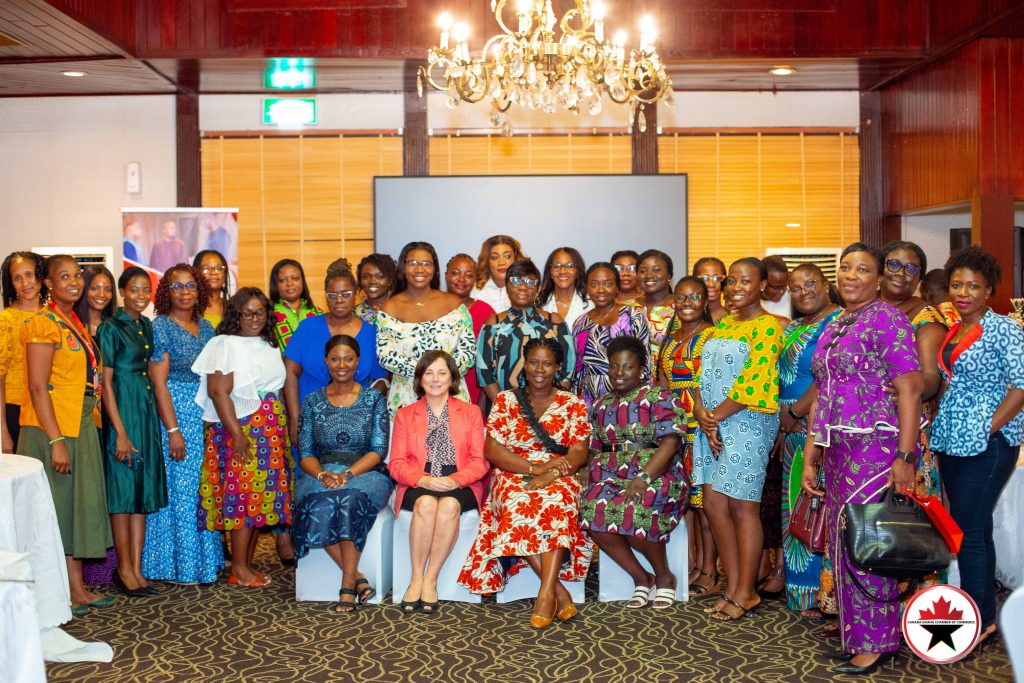
Celebrating Women at the Mother’s Day Dinner
June 03, 2024

CANCHAM Pharmaceutical Sector Meeting Highlights
June 03, 2024

In-house Presentation (May Edition)
June 03, 2024

CANCHAM ANNUAL GENERAL MEETING
May 08, 2024

Construction Sector Meeting Hosted by CANCHAM
May 08, 2024
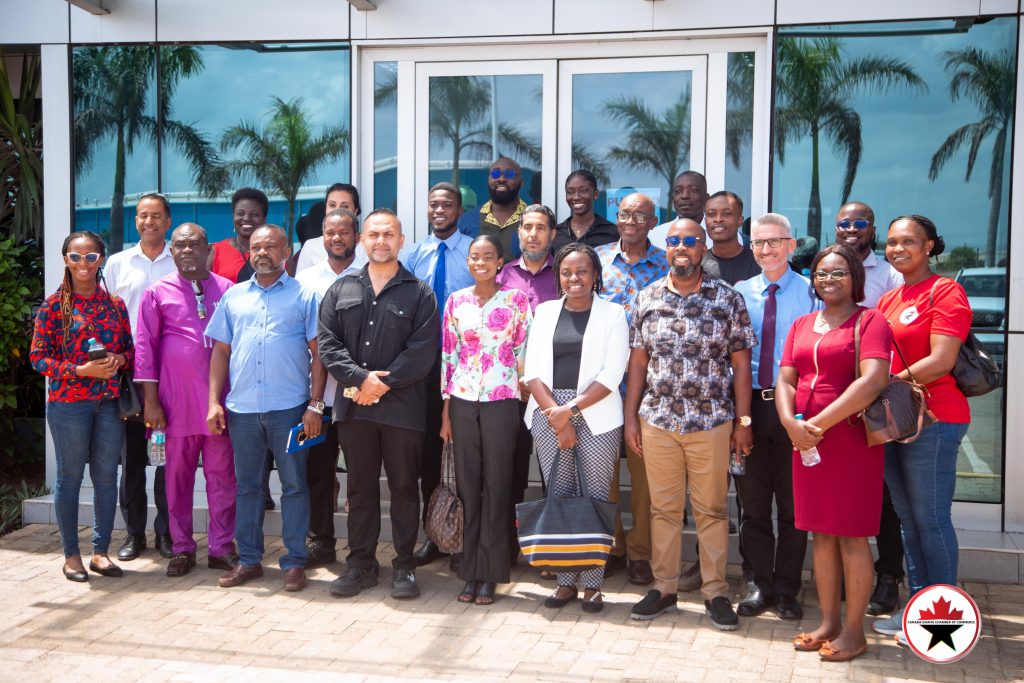
INDUSTRIAL TOUR TO MERIDIAN PARK BY LMI HOLDINGS
May 08, 2024
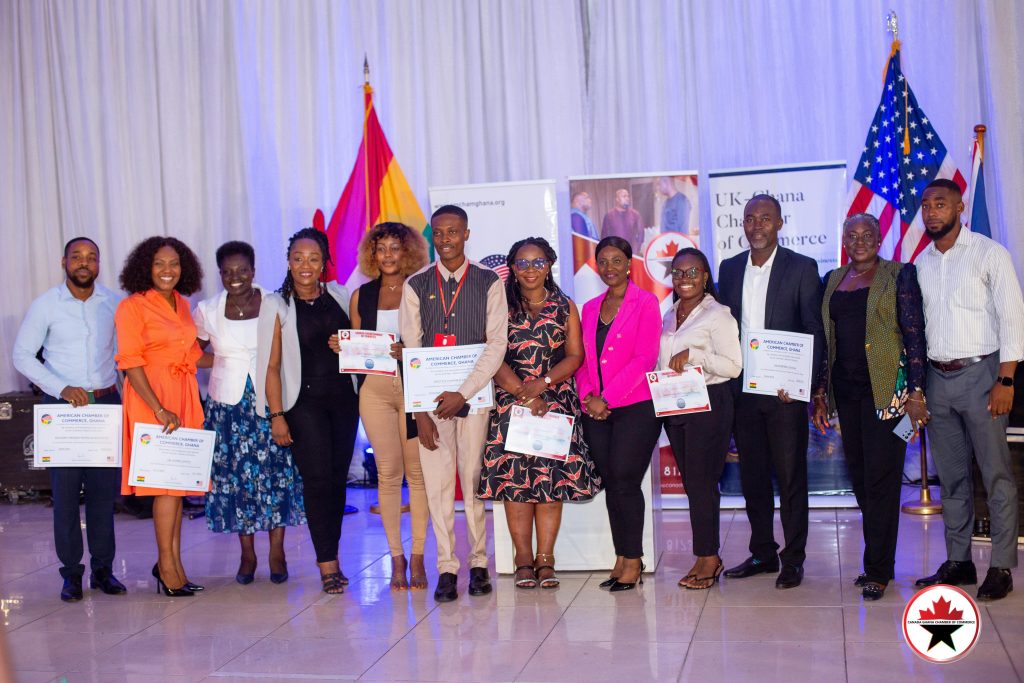
A JAZZ AND WHISKY AFFAIR: A Tri-Chamber Collaboration!
May 08, 2024
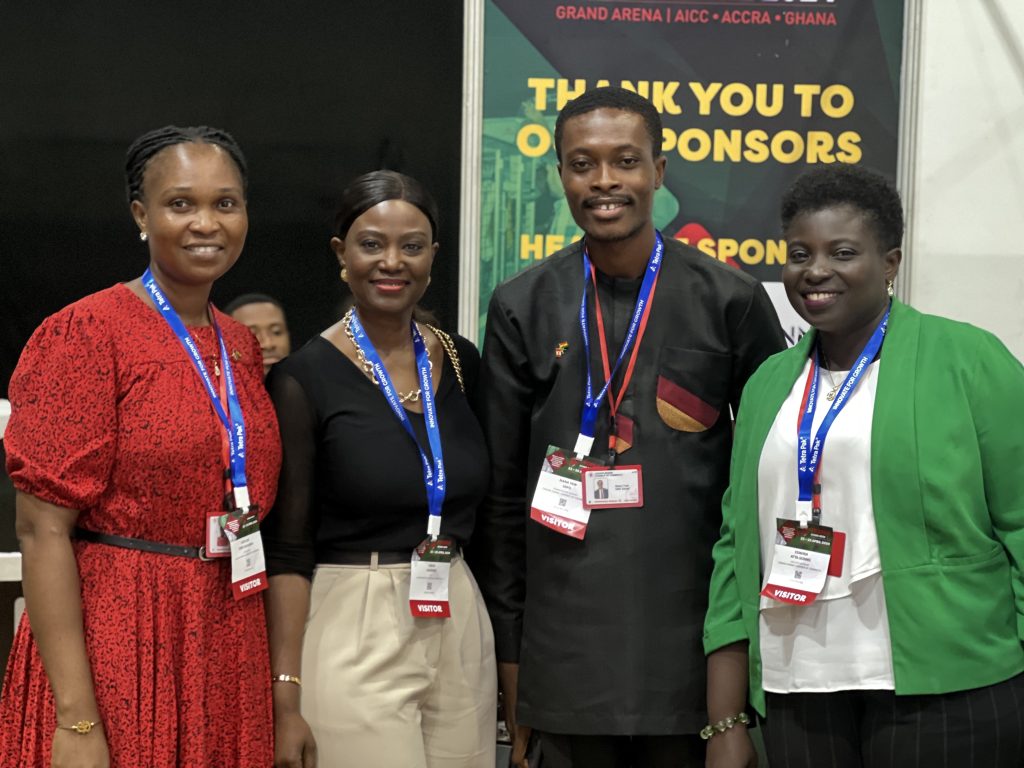
May 08, 2024
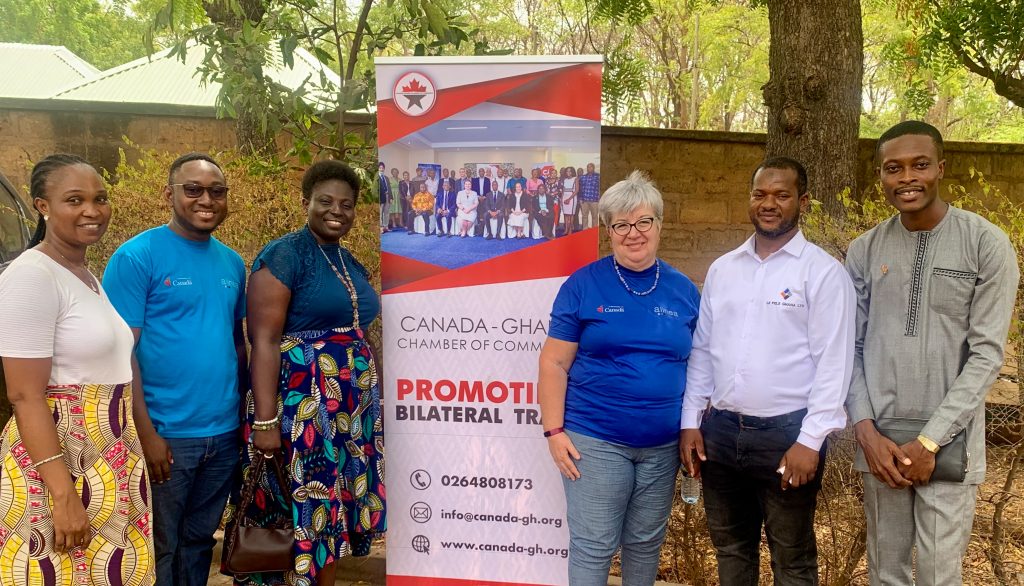
EMPOWERING THE FUTURE: ALINEA FOUNDATION’S WEE-NORTH PROJECT AGM
April 04, 2024

EMPOWERING CHANGE: CANCHAM AND JOY BUSINESS INTERNATIONAL WOMEN’S DAY DIALOGUE
April 04, 2024

April 04, 2024

EXPLORING FLAVORFUL HORIZONS: A JOURNEY WITH FREDDIE BEVERAGES
April 04, 2024
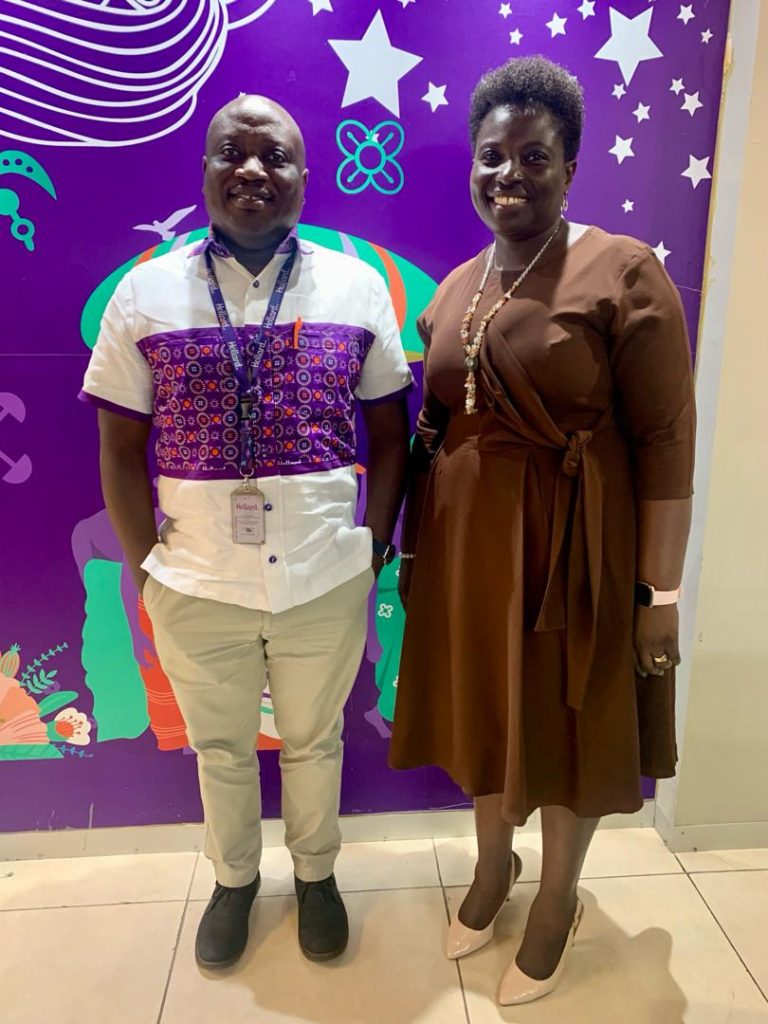
EXPLORING HORIZONS: INSIGHTS FROM HOLLARD INSURANCE’S JOURNEY
April 04, 2024
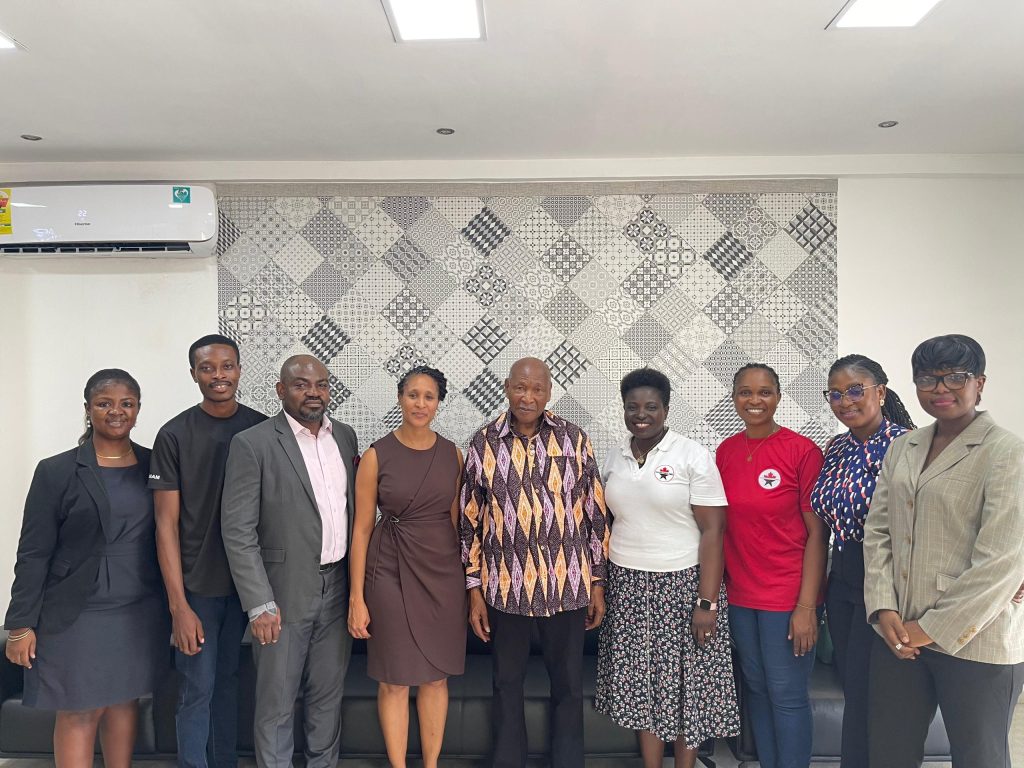
UNLOCKING OPPORTUNITIES: SENA CHARTERED SECRETARIES LIMITED’S EXPANSION ENDEAVOR
April 04, 2024

Highlights from CANCHAM Chocolate Day Member Forum 2024
March 01, 2024
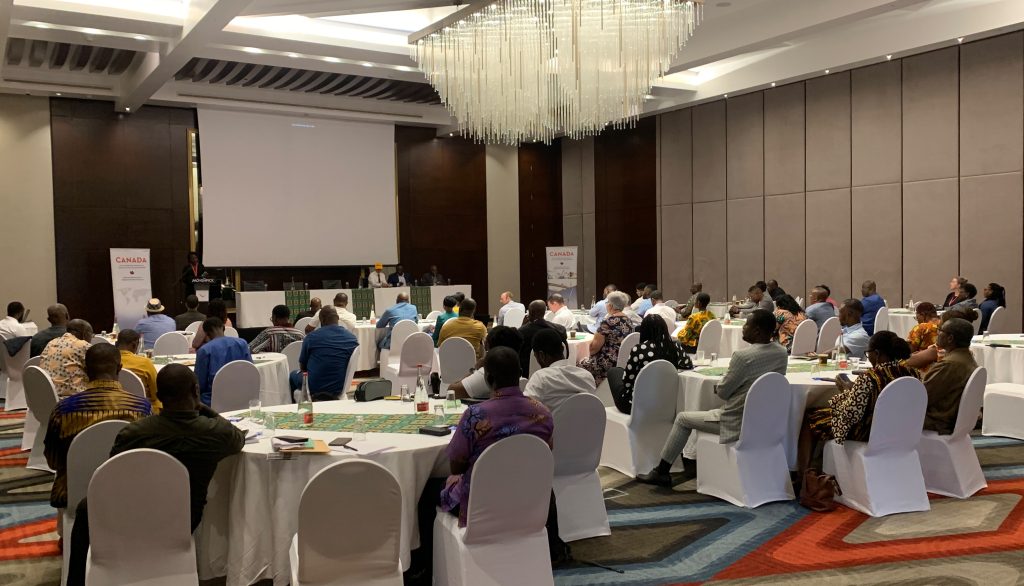
TVET Workshop by Canadian High Commission in Collaboration with CANCHAM
March 01, 2024
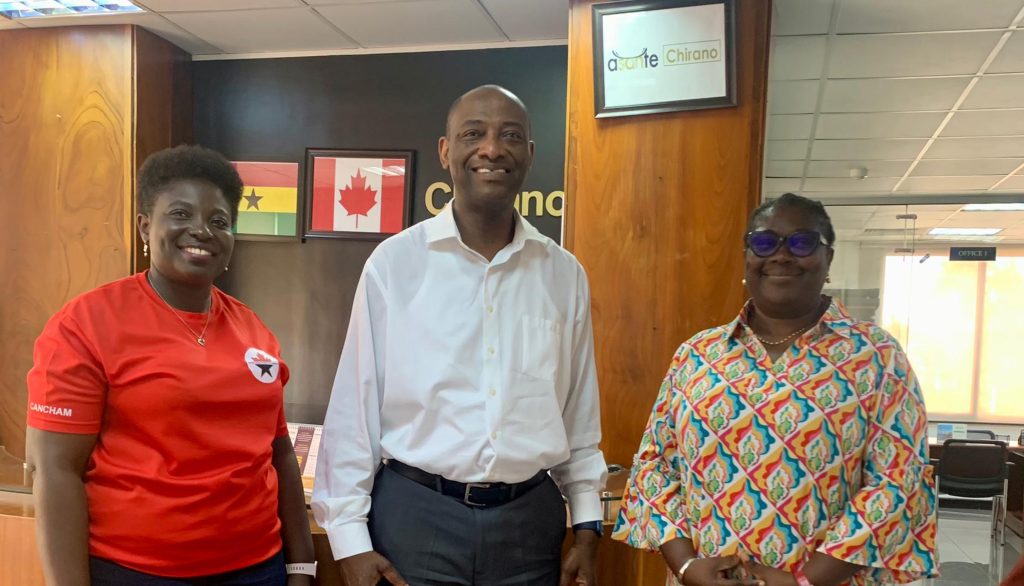
Unlocking Potential: Insights from Asante-Chirano
March 01, 2024





